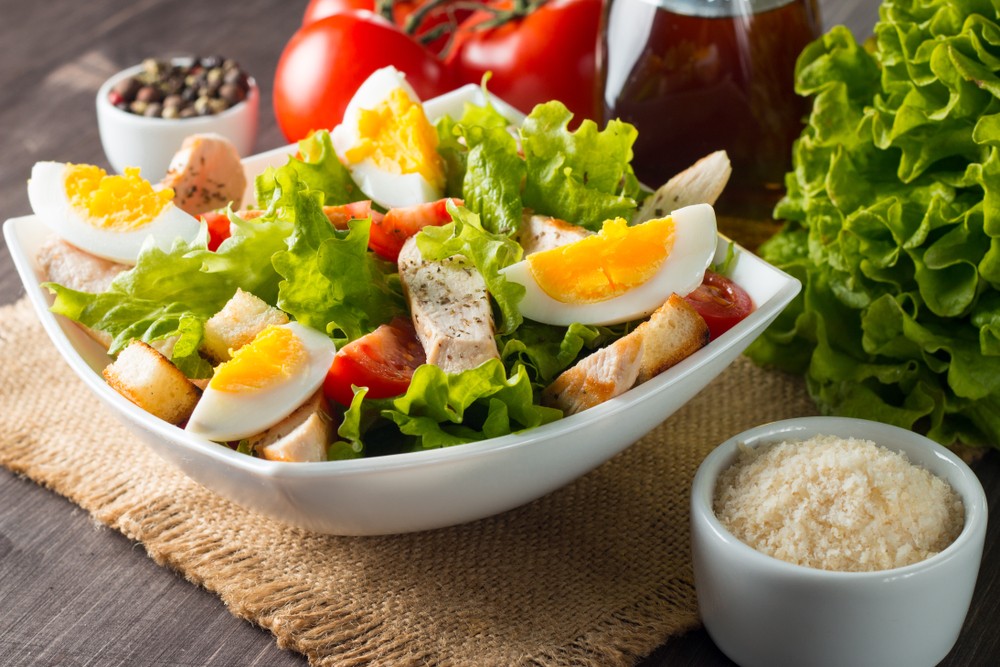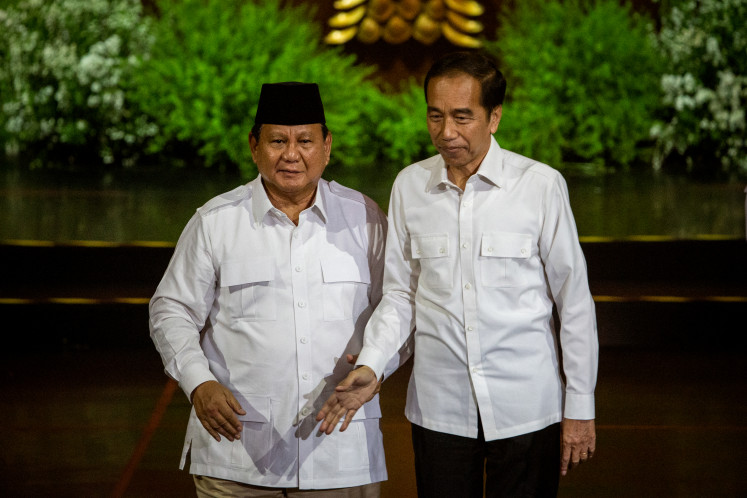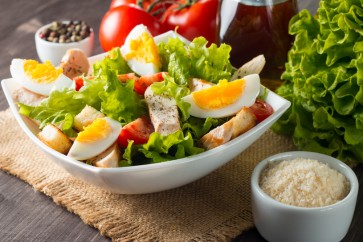Popular Reads
Top Results
Can't find what you're looking for?
View all search resultsPopular Reads
Top Results
Can't find what you're looking for?
View all search resultsTeaming with suppliers for sustainable food
Companies that produce or sell food face a big hurdle when it comes to achieving sustainability goals in energy, waste, water, deforestation and a host of social issues.
Change text size
Gift Premium Articles
to Anyone
C
ompanies that produce or sell food face a big hurdle when it comes to achieving sustainability goals in energy, waste, water, deforestation and a host of social issues. Retailers and consumer goods companies may have adapted their own practices to lower resource consumption, for example, but now discover they cannot reach higher sustainability objectives unless they collaborate extensively with their agricultural suppliers. One problem is that because suppliers are much closer to where systemwide changes actually happen, they typically have a stronger grasp of the challenges at hand — and have set targets that are far lower than those of the companies they supply.
This is causing consumer goods companies and retailers to take a new approach to sustainability, one that forces them to look deeper into the details of food production and requires them to collaborate with not only their direct suppliers, but also a host of others in the sustainability value chain.
Indeed, companies are now discovering just how hard it is to achieve true progress. Only two of the seven consumer goods companies with targets for indirect emissions reported reductions from purchased goods and services in 2016, with an average reduction of just 1 percent, according to the global environmental platform CDP. Furthermore, even companies that have made strides in tackling climate-related concerns face other challenges, such as child- and forced-labor issues. There are tough economic and regulatory concerns with no easy answers. A single example: there is no “most sustainable beef”, as interventions for one benefit can worsen other issues. Grazing and grass feeding may seem the more natural and sustainable way to feed cattle. However, when cows digest grass, they let out more methane than when they eat grain-based feed in a pen.
This conundrum is a challenge not only for consumer goods and retail companies with upstream agricultural supply chains, but for a range of other industries.


















